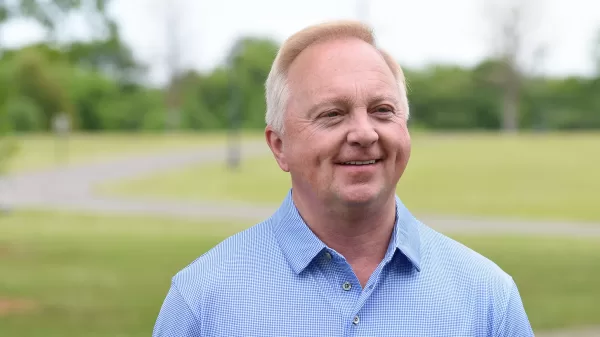By Brandon Moseley
Alabama Political Reporter
Thursday, July 27, 2017, Alabama Governor Kay Ivey (R) announced that the long troubled State Medicaid Agency will pursue alternatives to Regional Care Organizations (RCOs).
Gov. Ivey said, “I support Medicaid’s shift in reform strategy, which has been fully shared with Legislative leadership and other key stakeholders. I spoke with Health and Human Services Secretary Tom Price, and he has assured me of the Trump administration’s desire to work with the states to allow more flexibility in Medicaid services moving forward. This flexibility brought us to a crossroads where we reconsidered the risks and rewards of RCOs, and decided instead to pursue new reform options which bring less risks and similar outcomes.”
Governor Ivey said, “The RCO model didn’t fail; instead the alternative is a recognition that the circumstances surrounding Medicaid have changed, thus our approach must change. Our end goal is clear – to increase the quality of services provided and protect the investment of Alabama taxpayers.”
The Administration of Governor Robert Bentley (R) had negotiated a plan to switch the tremendously expensive Alabama Medicaid program from a government-run fee for service model, to a plan where the State would be divided into regions, and then Medicaid services would be delivered by healthcare provider owned RCOs which would generate cost savings through managed care.
The RCO waiver was negotiated with the US Department of Health and Human Services (HHS), under Kathleen Sebelius and the Obama Administration. The plan was meant to be a model for the rest of the country. The Obama Administration, however, set State contribution goals that the State was required to reach in order to implement the plan and even offered matching funds to help implement the plan. A newly re-elected proposed massive tax increases in 2015 partially to implement that plan. That enormously unpopular plan was dead on arrival when it arrived in the Legislature and the Bentley Administration soon became consumed by growing sex and campaign finance scandals. The providers, especially Children’s Hospital, became very unhappy with the way the RCOs were going to be organized. Implementing the plan was postponed in 2016, 2017, and there was no serious discussion of implementing this for the 2018 fiscal year.
President Trump has promised to give the states more flexibility with the Medicaid program, which is increasingly costing more and more money for the states. Will that mean more costs being passed on to Medicaid beneficiaries.
Medicaid is a more than 50-year-old welfare program that provides free health care for certain vulnerable, low-income populations including: poor children, impoverished seniors, poor nursing homes residents, poor disabled people, and the lower ~40 percent of pregnant women. While Alabama offers the Federal minimum benefits, 31 other states expanded the program to cover almost all lower income Americans. When President Obama was elected in 2008, 50 million people were insured by Medicaid. Today 73 million Americans get their healthcare from Medicaid.
According to the Heritage Foundation, mounting fiscal, demographic, and structural challenges increasingly strain this jointly funded Federal–State program. Total Federal and State spending on Medicaid was $552.3 billion in 2015 and is expected to increase over 73 percent over the next decade reaching $957.5 billion by 2025.
Of the 15.7 million Americans who gained coverage over 2014 to 2015, 14 million was the result of increased Medicaid enrollment. The Heritage Foundation said that by changing the formula reimbursement, Obamacare incentivized the addition of able bodied adults to the Medicare rolls



















































